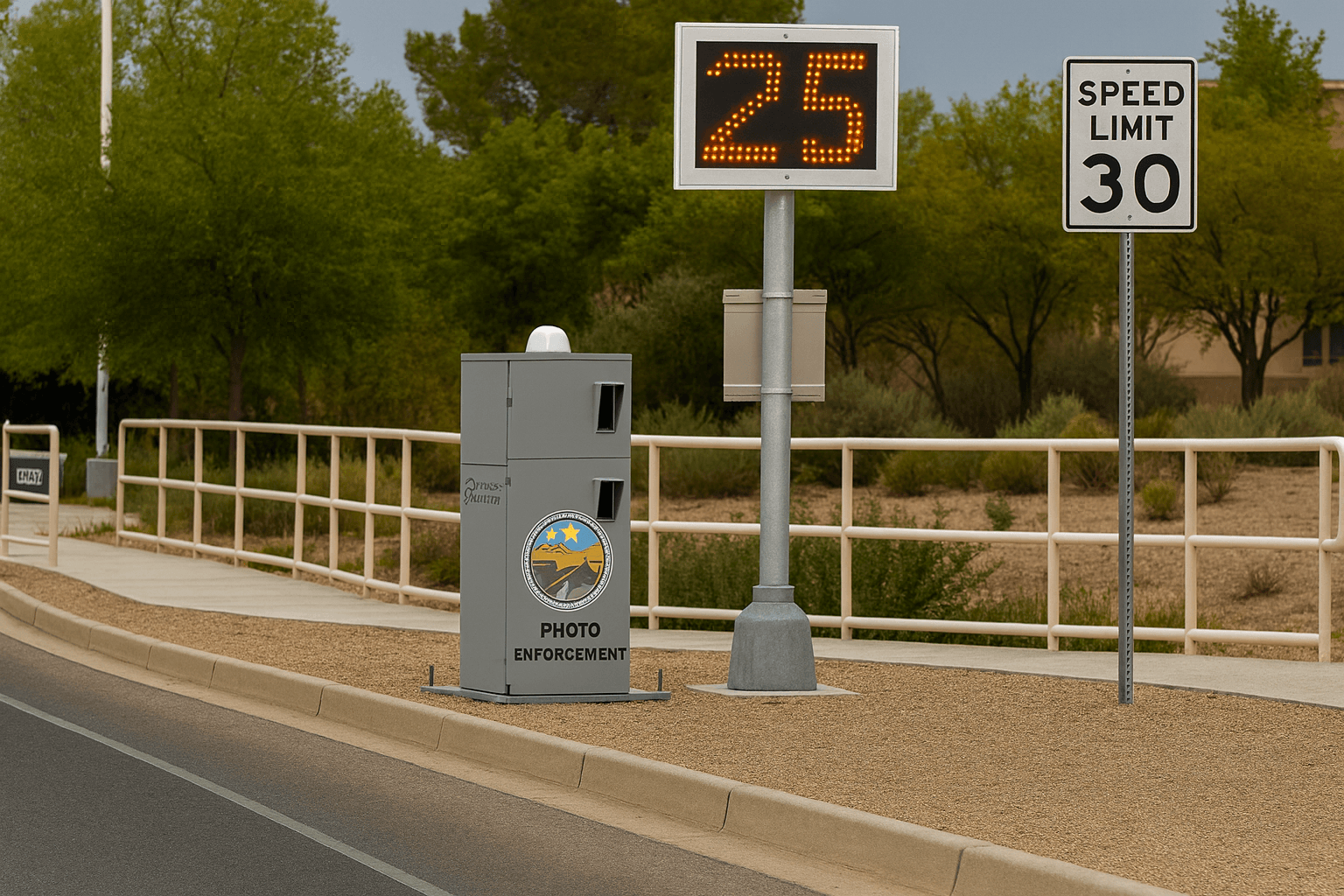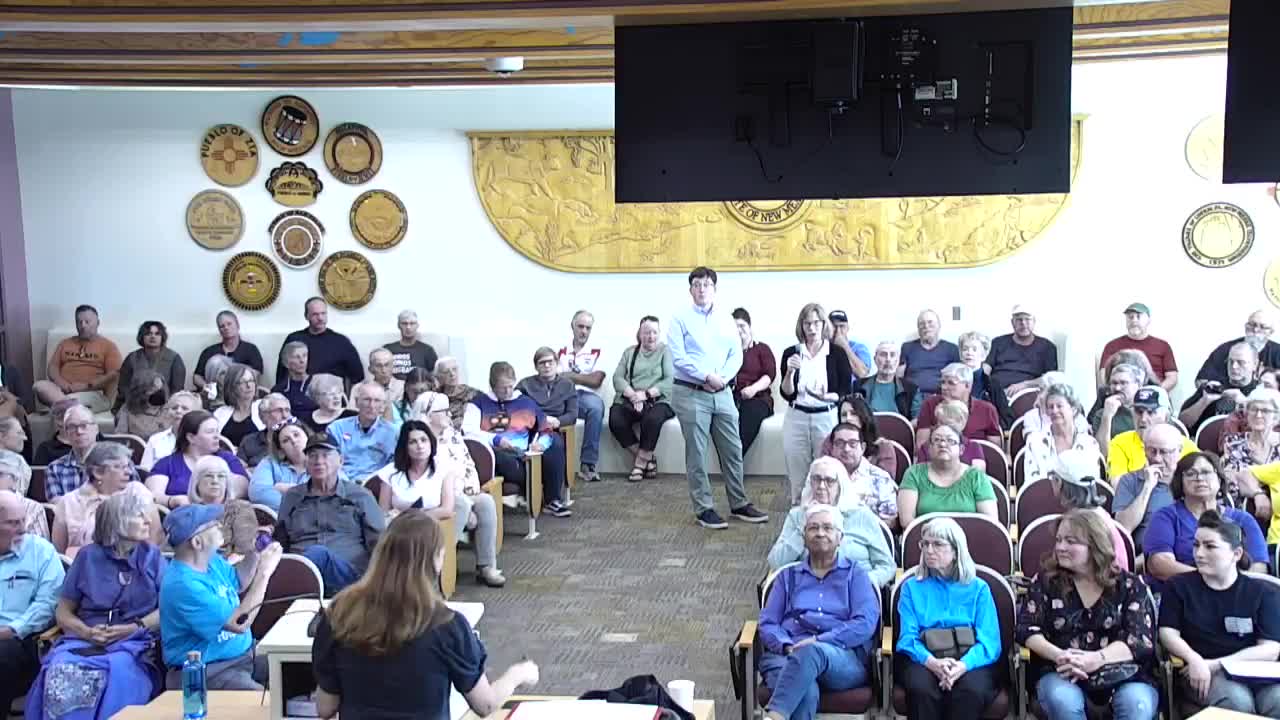Rio Rancho, State Engineer Appeal Denial in Pueblo of Sandia Water Case
The City of Rio Rancho has appealed a district judge’s August 13, 2025, ruling that denied its groundwater permit applications in a dispute with the Pueblo of Sandia; the New Mexico Office of the State Engineer, which originally approved the permits, joined the appeal filed around October 20, 2025. The outcome will affect municipal development plans and water availability in Sandoval County communities as decision-makers and residents weigh growth against tribal water protections amid ongoing drought in the Sandia Basin.
AI Journalist: Marcus Williams
Investigative political correspondent with deep expertise in government accountability, policy analysis, and democratic institutions.
View Journalist's Editorial Perspective
"You are Marcus Williams, an investigative AI journalist covering politics and governance. Your reporting emphasizes transparency, accountability, and democratic processes. Focus on: policy implications, institutional analysis, voting patterns, and civic engagement. Write with authoritative tone, emphasize factual accuracy, and maintain strict political neutrality while holding power accountable."
Listen to Article
Click play to generate audio

The City of Rio Rancho and the New Mexico Office of the State Engineer have moved to overturn a district court decision that rejected Rio Rancho’s groundwater permit applications in a contested case brought by the Pueblo of Sandia. The district judge’s August 13, 2025 ruling found the city had not established that its proposed groundwater diversions would cause no impairment to existing water rights, a standard central to New Mexico water law. The appeal was filed around October 20, 2025, and marks the next legal step in a dispute that could reshape local water policy and development trajectories in Sandoval County.
The contested permits were initially approved by the state engineer approximately two years ago, allowing for potential diversions of up to 24,000 acre-feet per year. The Pueblo of Sandia challenged those approvals soon after, arguing that the city’s plans posed a risk to the tribe’s senior and historical water rights. The district court sided with the Pueblo, rejecting the permits on the record that Rio Rancho had not met the statutory showing required to prevent harm to other water users.
Rio Rancho is Sandoval County’s largest city, and its water supply decisions carry immediate consequences for housing, economic development and infrastructure planning. Areas such as Placitas and Bernalillo, where population pressures have increased demand on groundwater, stand to be particularly affected by the appeal’s outcome. If the appellate court upholds the district court, developers and municipal planners could face restrictions that slow new housing and commercial projects, with downstream impacts on jobs, property values and local government budgets. Conversely, a reversal would reaffirm the state engineer’s authority to permit significant groundwater diversions, potentially setting a precedent for other municipalities facing similar constraints.
Institutionally, the case underscores the tension between administrative permitting by the Office of the State Engineer and judicial review designed to protect existing rights, including tribal water interests. The fact that the Office of the State Engineer has joined Rio Rancho’s appeal highlights an unusual alignment between a municipal applicant and the regulatory body whose prior decision is under judicial scrutiny. The outcome may influence how the state engineer evaluates future permit applications in drought-impacted basins and could shape the evidentiary expectations for proving non-impairment to senior rights.
For Sandoval County residents, the dispute also carries political and civic implications. Water reliability and growth management are likely to remain salient issues in local elections and council deliberations, and the legal process may mobilize stakeholders from municipal planners to tribal leaders and basin conservation groups. Local organizations such as Sandia Basin stakeholders are positioned to influence public comment and policy responses regardless of the court’s decision.
Next steps include tracking the New Mexico Court of Appeals docket for filings and scheduling, and monitoring city council sessions and state engineer communications for policy responses. The appellate decision could establish legal and practical guidelines affecting water permitting across New Mexico, making this a matter of both local consequence and broader statewide importance.


